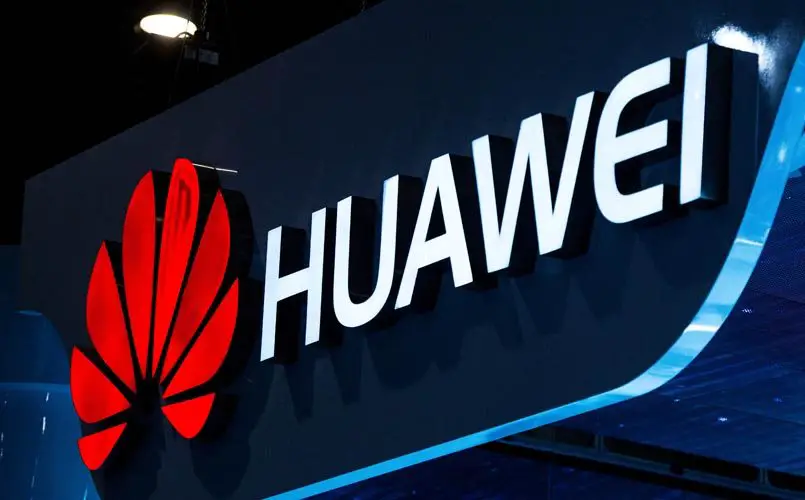
Huawei Technologies Co Ltd and ZTE Corp have urged the US Federal Communications Commission (FCC) to keep them off a list of companies deemed national security threats, a label that suspends the Chinese telecom tech from providing gear to subsidized US carriers.
Mobile broadband providers also told the Federal Communications Commission that it would be costly if they are asked to replace the gear offered by Huawei and ZTE.
In November, the FCC voted 5-0 to initially designate Huawei and ZTE as national security risks in a move that would bar their U.S. rural carrier customers from tapping an $8.5 billion government fund to purchase equipment.
Huawei said in a nearly 200-page filing with the FCC the action was “designed to implement a campaign by certain government officials, including members of Congress, to single out Huawei for burdensome and stigmatizing restrictions, put it out of business in the United States, and impugn its reputation here and around the world.” It called the effort “unlawful and misguided.”
ZTE asked the FCC Monday in a filing to “take additional time to assess ZTE’s enhancements in the area of US export control and economic sanctions compliance and security controls in ZTE products.”
ZTE added it has “spent hundreds of millions of dollars to implement a compliance program relating to US export control compliance regulations.”
Donald Trump and its administration have repeatedly made allegations that Huawei is a national security threat and its equipment could potentially be used by the Chinese government for spying. However, Huawei has denied these allegations saying that it is a solely independent company and doesn’t have any connections with the Chinese government.
Huawei also received support from the United Kingdom when it offered Huawei to build infrastructure for the 5G network. Initially, the 5G telecom market share offered to Huawei will be limited.




